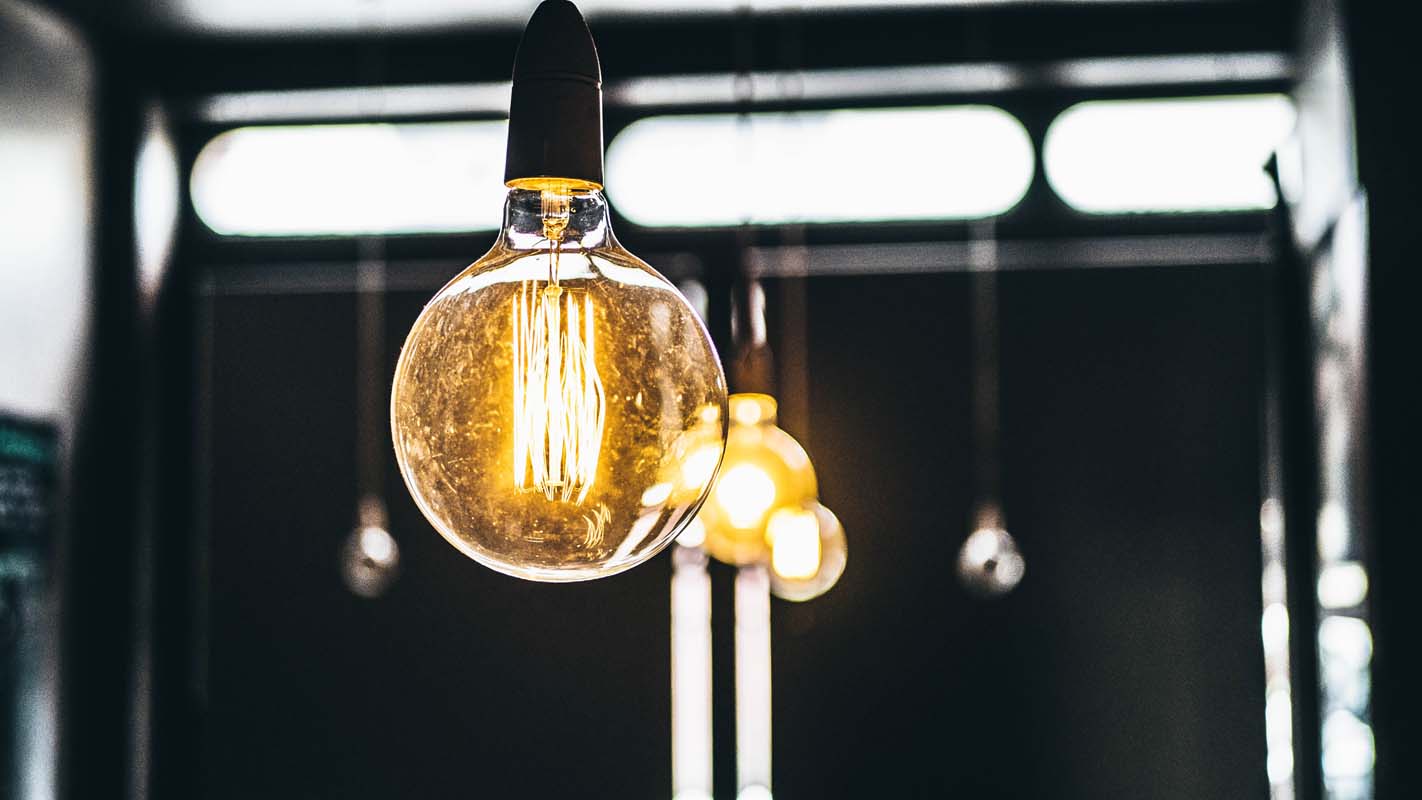
403
Sorry!!
Error! We're sorry, but the page you were looking for doesn't exist.
Nigerians prepare for higher electricity bills after government announces tariff increase
(MENAFN) Nigerians are bracing for higher electricity bills following a tariff increase announced by the government's regulatory body on Wednesday.
Musiliu Oseni, the head of the Nigerian Electricity Regulatory Commission, revealed during a press briefing in Abuja that electricity tariffs would be adjusted upwards across the country, effective immediately.
According to Oseni, the tariff hike primarily targets local consumers, who represent 15 percent of the population but consume a disproportionate 40 percent of the electricity generated. The aim is to alleviate the financial burden on the government, which currently provides substantial subsidies amounting to as much as 1.6 trillion nairas (over 1.2 billion U.S. dollars) for the year 2024.
Affected consumers, who currently receive a minimum of 20 hours of electricity supply per day, will now face increased tariffs. This move is part of the government's broader strategy to rationalize costs and optimize resource allocation in the electricity sector.
The announcement has elicited a range of reactions from Nigerians, with some expressing concerns about the potential impact on household budgets, especially given the existing economic challenges. Emmanuel Itoro, a local agribusiness owner, emphasized in an interview with a Chinese news agency that the tariff hike could impose significant hardships on households, businesses, and industries, potentially leading to higher operational costs and living expenses.
Musiliu Oseni, the head of the Nigerian Electricity Regulatory Commission, revealed during a press briefing in Abuja that electricity tariffs would be adjusted upwards across the country, effective immediately.
According to Oseni, the tariff hike primarily targets local consumers, who represent 15 percent of the population but consume a disproportionate 40 percent of the electricity generated. The aim is to alleviate the financial burden on the government, which currently provides substantial subsidies amounting to as much as 1.6 trillion nairas (over 1.2 billion U.S. dollars) for the year 2024.
Affected consumers, who currently receive a minimum of 20 hours of electricity supply per day, will now face increased tariffs. This move is part of the government's broader strategy to rationalize costs and optimize resource allocation in the electricity sector.
The announcement has elicited a range of reactions from Nigerians, with some expressing concerns about the potential impact on household budgets, especially given the existing economic challenges. Emmanuel Itoro, a local agribusiness owner, emphasized in an interview with a Chinese news agency that the tariff hike could impose significant hardships on households, businesses, and industries, potentially leading to higher operational costs and living expenses.

Legal Disclaimer:
MENAFN provides the
information “as is” without warranty of any kind. We do not accept
any responsibility or liability for the accuracy, content, images,
videos, licenses, completeness, legality, or reliability of the information
contained in this article. If you have any complaints or copyright
issues related to this article, kindly contact the provider above.


















Comments
No comment